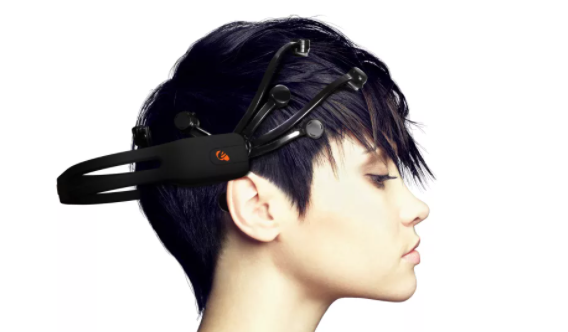
Humans controlling machines with their minds may sound like something from a sci-fi movie, but now it’s becoming a reality through brain-computer interfaces. Being aware of and understanding this emerging technology that can improve quality of life can help ensure that effective policies are in place before Brain-Computer Interface (BCI) becomes a part of everyday life.
Eight months in, 2021 has already become a record year in brain-computer interface (BCI) funding, tripling the £71 million raised in 2019. BCIs translate human brainwaves into machine-understandable commands, allowing people to operate a computer, for example, with their mind. Just during the last couple of weeks, Neuralink announced a £150 million in Series C funding, with Paradromics, another BCI firm, announcing a $14 million Seed round a few days earlier. Companies in this space achieve that with two forms of BCI – invasive and non-invasive. In both cases, brain activity is being recorded to translate neural signals into commands such as moving items with a robotic arm, mind-typing, or speaking through thought. The engine behind these powerful translations is machine learning, which recognises patterns from brain data and is able to generalise those patterns across many human brains.
The Ethical Dilemmas
One major conundrum facing the future of BCI technology is that researchers don’t fully understand the science regarding how brain signalling, artificial intelligence (AI) software, and prostheses interact. Although offloading computations improves the predictive nature of AI algorithms, there are concerns of identity and personal agency. How do we know that an action is truly the result of one’s own thinking or, rather, the outcome of AI software? In this context, the autocorrect function while typing can be incredibly useful when we’re in a pinch for time, when we’re using one hand to type, or because of ease. However, it’s also easy to create and send out unintended or inappropriate messages. These algorithms are designed to learn from our behaviour and anticipate our next move. However, a question arises as to whether we are the authors of our own thoughts or whether we are simply the device that delivers messages under the control of external forces.
BCI is still in its early days, with many challenges to be solved and hurdles to overcome. In the future, all kinds of BCI tech could be sold to consumers or deployed on the battlefield. Yet for some, that should already be exciting enough to drop everything and start building.




